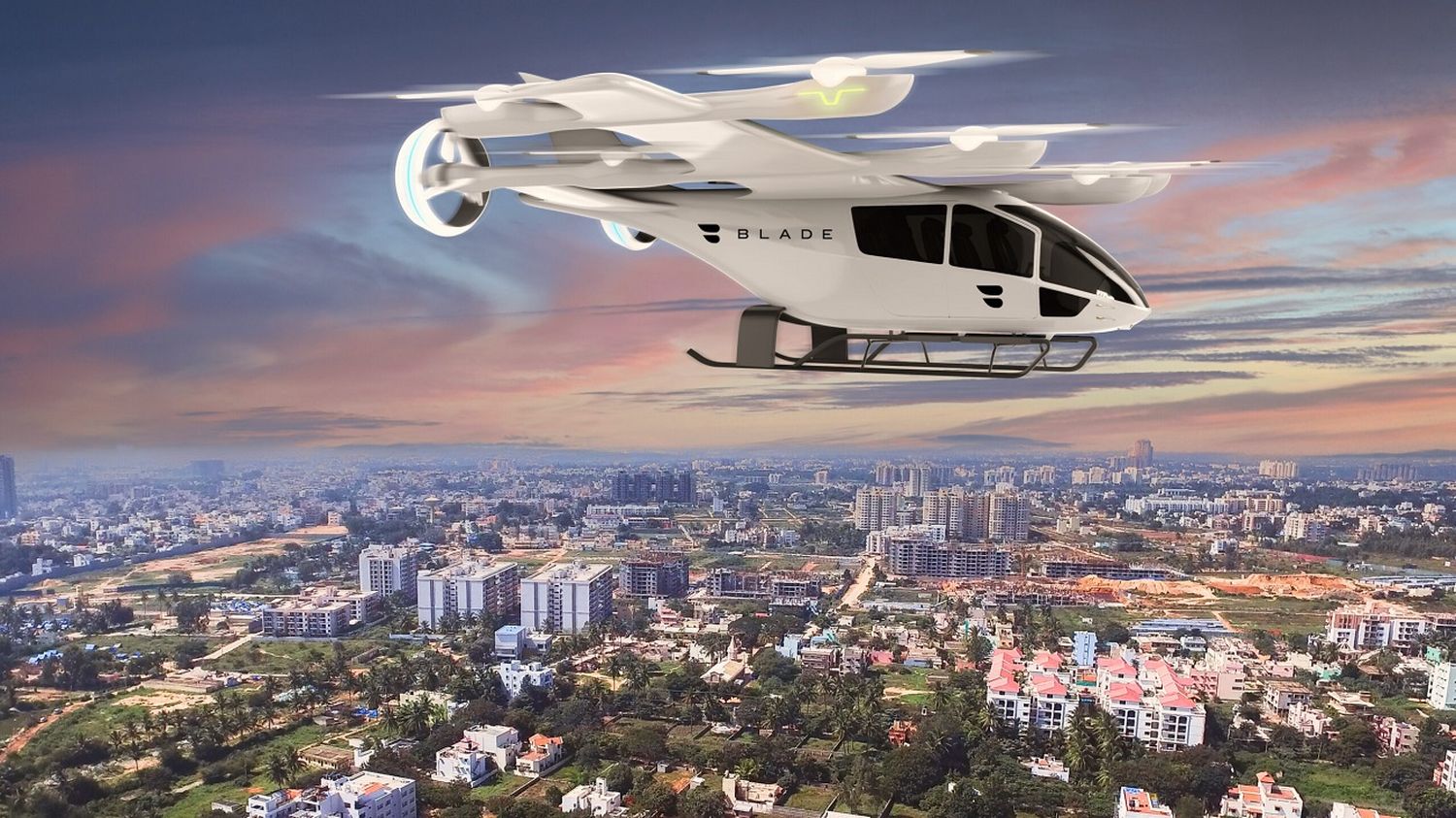Urban air mobility in India: new strategic partnership between Eve and Blade
Indian company Blade and Eve Air Mobility, Embraer’s subsidiary for the manufacture of electric air vehicles and development of sustainable mobility solutions, announced a new strategic partnership.
The agreement includes a non-binding order for up to 200 electric vertical take-off and landing (eVTOL) aircraft produced by Eve, in addition to the provision of support services and the UATM urban air traffic management software system, also developed by the Brazilian company.
India is a promising market for the development of urban air mobility (UAM) ecosystems. This is mainly due to its size, large population, and the accessibility problems and traffic congestion in many of its major urban centres.
According to both companies, Blade India will act as Eve’s partner in the field, in order to contribute its knowledge and advance in the analysis of possible solutions for this type of mobility in the country’s cities. To this end, the Indian company will contribute the data collected through its operations and the experience of its customers. Initially, about fifty thousand flight hours per year. The information will be used to optimise the development of the solutions that Eve will provide.
«India’s traffic congestion woes are only expected to get worse» said Amit Dutta, Managing Director of Blade India. «This partnership allows us to leverage Eve’s deep expertise in not just eVTOL design but also in the infrastructure required to support urban air mobility», he added.
«We are thrilled about partnering with Blade India and pioneering the urban air mobility market in the country, which has the potential to be one of the largest markets globally», said André Stein, co-CEO of Eve Air Mobility. «This initial order will allow us to enter into service in India and further develop the ecosystem according to the community’s needs», he assured.
Eve’s eVTOL
According to its developer, the aircraft will have a range of up to 60 miles (96 kilometres). It will reach a cruising speed of up to 125 miles per hour (201 kilometres per hour). In addition, it will generate no in-flight emissions and will reduce noise levels by 90% compared to conventional aircraft currently in operation. It will be able to carry up to four passengers and will operate with a single pilot.
The company expects to obtain certification for its all-electric vertical take-off and landing aircraft in 2025. The model would then be introduced to the commercial market in early 2026.
In Brazil, home to Embraer and Eve, the product will be able to serve another of the most interesting markets worldwide, due to the high demand for low-emission urban air mobility alternatives in densely populated cities with recurrent traffic congestion. However, the company is also working to develop alternatives that respond to the growing interest in this type of technology worldwide.
See also: Eve will conduct the first urban air mobility simulation in the United States


Para comentar, debés estar registradoPor favor, iniciá sesión